E-Recycling Laws in Nebraska
 26
26 May
Do you live in or operate a business in Nebraska? Then you may be wondering about the e-recycling laws in Nebraska. That’s where we can help. Not only does Sadoff specialize in nationwide e-recycling services, but two of our facilities are right here in Nebraska. Keep reading to learn more about Nebraska’s e-recycling laws and how they apply to you.
Do Businesses Have to Recycle E-Waste in Nebraska?
Nebraska state law requires businesses to properly dispose of any and all e-waste. This proper disposal typically means recycling. You can, of course, seek to reuse the old equipment in your business, which is the best option to start with, but you can also employ an e-recycling service to handle those electronics for you.
Are Households Required to Recycle E-Waste in Nebraska?
Federal requirements do not force households to recycle e-waste. Many states still hold households up to the same standards. Nebraska is not one of those states. The Nebraska Department of Environment and Energy (NDEE) encourages but does not require households to recycle e-waste.
E-waste can end up in Nebraska landfills so long as it comes from households and not businesses, but the NDEE recognizes that it is a problem and not the way that Nebraska residents should dispose of their e-waste.
5 Reasons You Should Recycle E-Waste
Why Should You Recycle E-Waste in Nebraska?
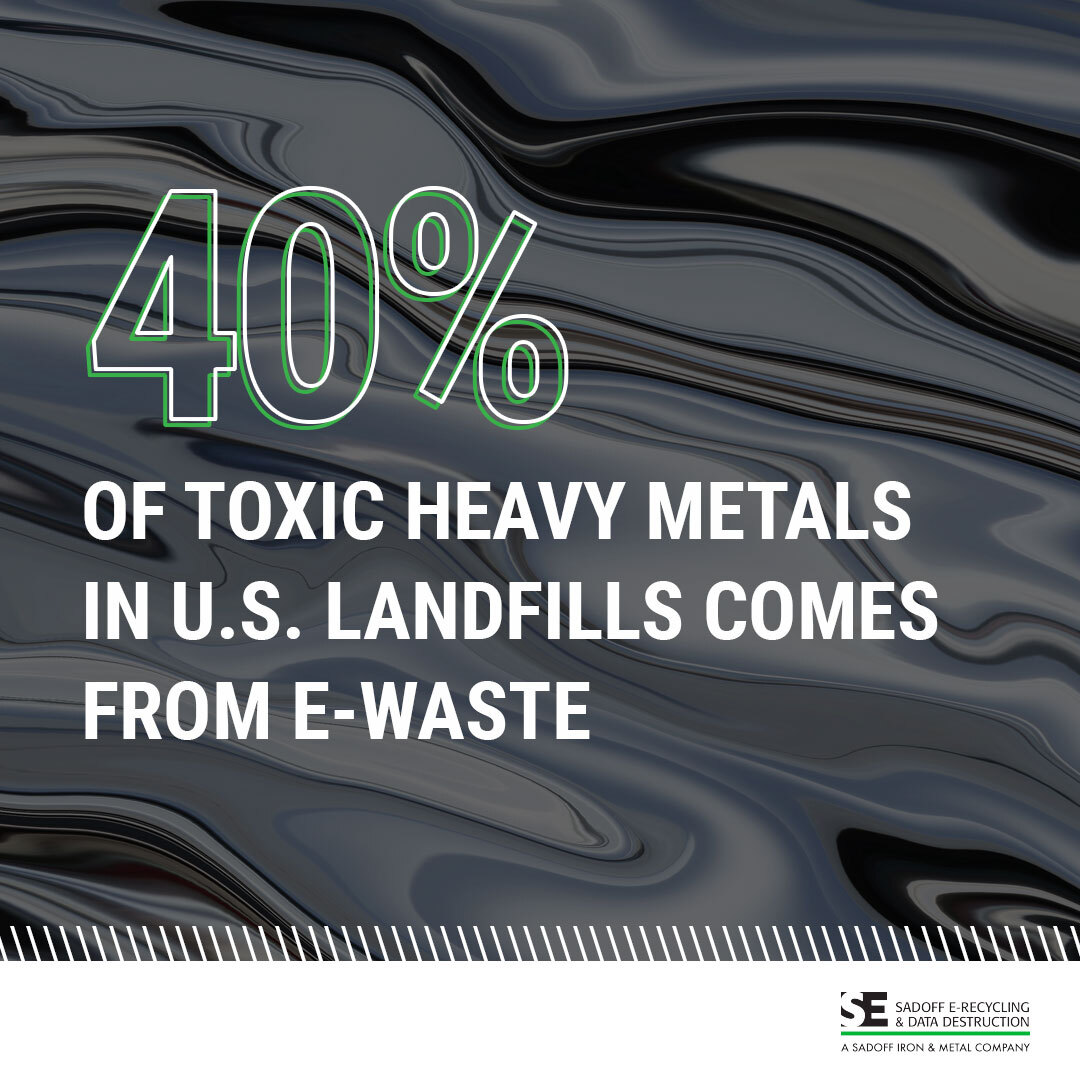 Why is proper disposal of e-waste such a big deal? First off, when you can recycle products it’s just a good idea. Recycling helps make products more sustainable while reducing emissions and environmental destruction through processes like mining and refining.
Why is proper disposal of e-waste such a big deal? First off, when you can recycle products it’s just a good idea. Recycling helps make products more sustainable while reducing emissions and environmental destruction through processes like mining and refining.
That’s a big part of why we recycle things like glass and common metals, but there is still more to it than that. Electronics are full of precious metals, which you can understand why we don’t want to throw away, but they are also full of toxic heavy metals like lead, mercury, and even arsenic.
All of these materials are entirely safe when they are in the confines of your devices, but once they sit in a landfill under intense heat, pressure, and exposure to the elements, they can leach into the soil and water despite the best defenses that landfills have. Some of these items might also end up in an incinerator where the heavy metals enter the air. This is the air we breathe, the water we drink, and the soil in which our plants grow.
Before you ask, taking care of e-waste properly doesn’t mean throwing it in your recycling bin. The proper use of your recycling bin is important, but that recycling stream is only set up to handle certain products. This typically includes metal, plastic, paper products, and glass.
The key thing about these items is that they are all easily recyclable and easy to separate. Many elements of e-waste may not be very difficult to recycle, but they are hard to separate and the presence of heavy metals combined with the potential for the handling of data further complicates this.
Read More: What Certifications Should You Look for in Data Destruction?
What to do with E-Waste in Nebraska?
You shouldn’t throw your e-waste in your trash or recycling bin, so what should you do with it? You need to find an e-recycling service. The benefit here is that an e-recycling service will know how to properly handle all of your IT equipment from phones and computers to industrial hardware. Additionally, a good e-recycling service—such as Sadoff—is also certified to handle and destroy any of your data as well. The end result is that for some items you might actually be able to make money recycling your goods.
Get an E-Recycling Quote in Nebraska
Sadoff does allow households to drop off e-waste at our Lincoln location, but we also serve businesses from both our Lincoln and our La Vista locations right here in Nebraska. All you have to do is reach out to us for a quote. Not only can we handle all your e-recycling and data destruction needs, but we can also handle IT asset remarketing and help you establish proper ITAD processes. Reach out to us today to learn how we can help you.
Categorized in: E-Recycle



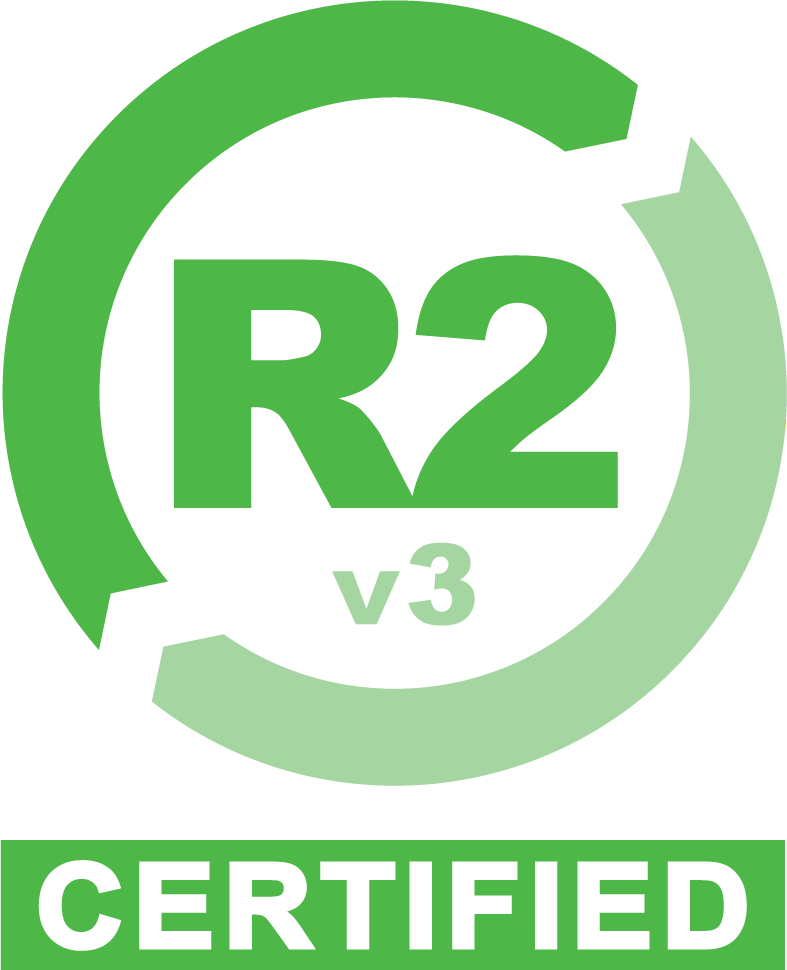
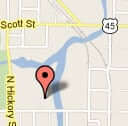 Google map directions
Google map directions
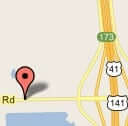 Google map directions
Google map directions
 Google map directions
Google map directions
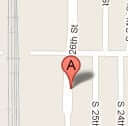 Google map directions
Google map directions
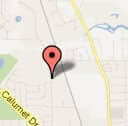 Google map directions
Google map directions
 Google map directions
Google map directions
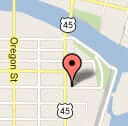 Google map directions
Google map directions